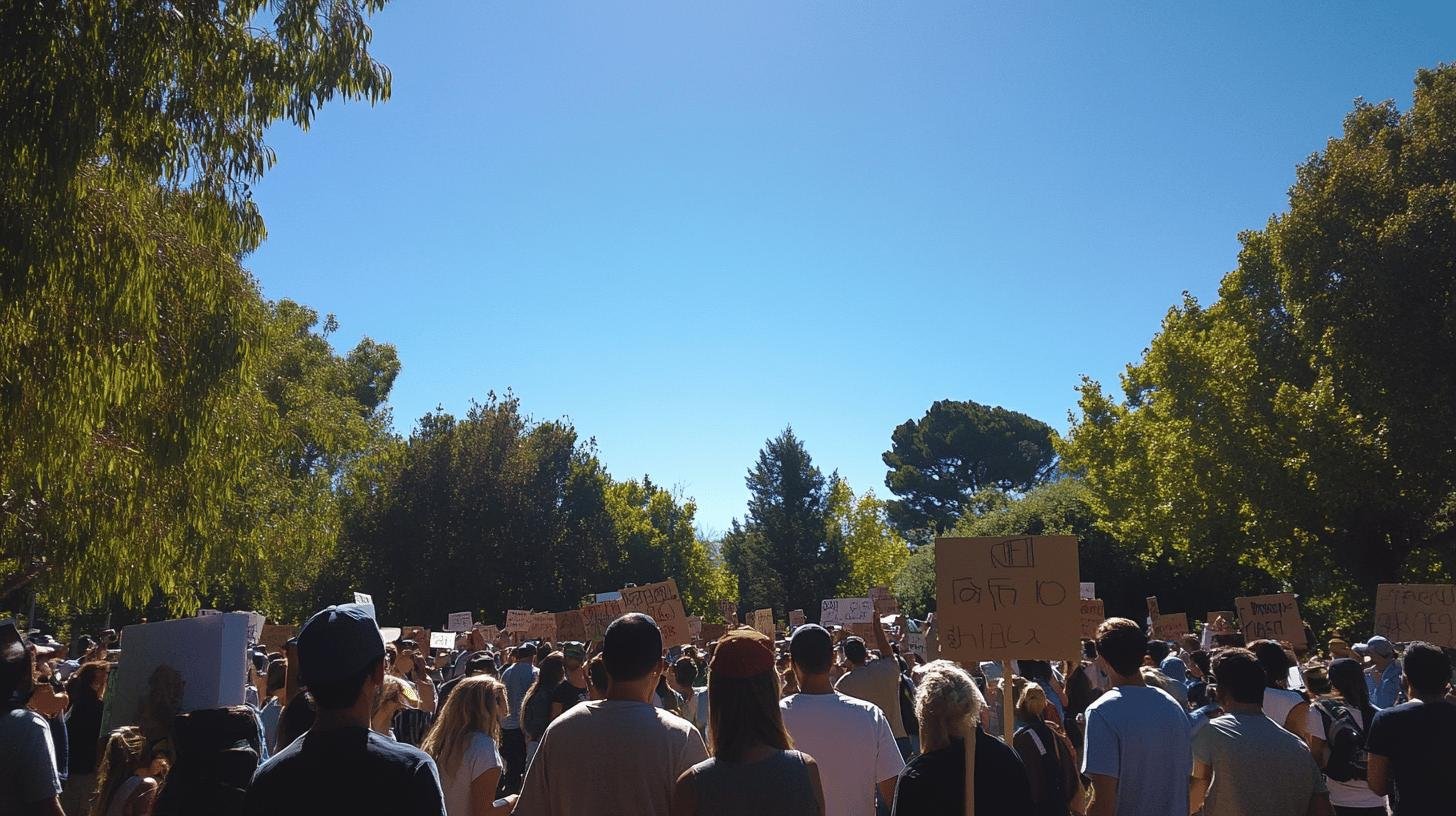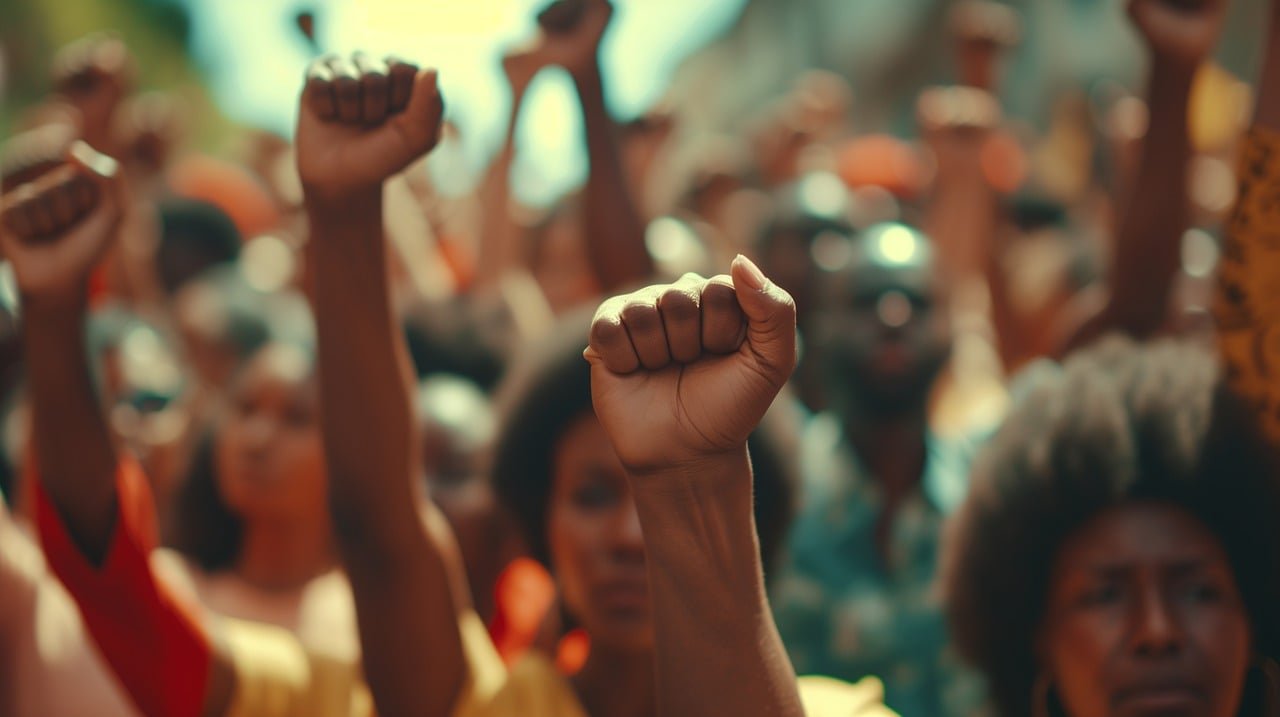TL;DR:
- Freedom of Speech by Country Rank: Influential for global perceptions and policymaking; assessed by Global State of Democracy and World Press Freedom Index (0 = best, 100 = worst).
- Top Countries (Best Rankings):
- Norway (Score: 8, Rank: 1)
- Sweden (Score: 9, Rank: 2)
- Finland (Score: 10, Rank: 3)
- Countries with Limited Freedom:
- North Korea (Score: 100, Rank: 180)
- China (Score: 97, Rank: 163)
- Key Insights: Freedom of speech essential for democracy, empowering citizens and promoting transparency. Methodologies for rankings emphasize media independence and journalistic safety, while challenges remain in authoritarian regimes.
Freedom of Speech by Country Rank provides a clear picture of how nations protect or restrict their citizens’ voices. Using data from the Global State of Democracy Indices and the World Press Freedom Index, we break down the freedom of speech rankings across the globe. By analyzing these rankings, readers gain a clearer picture of where their country stands and uncover trends that highlight the ongoing struggle for free expression worldwide.
Global Rankings on Freedom of Speech by Country Rank
Freedom of speech rankings are essential as they reveal how freely people can express themselves without fear. These rankings affect how countries are seen globally and influence policymakers. They encourage nations to improve or maintain their standings. They also impact international relations, trade, and culture. Countries with high rankings are often viewed as more open and democratic.
The Global State of Democracy Indices assesses freedoms in 165 countries using 116 indicators. Meanwhile, since 2002, the World Press Freedom Index by Reporters Without Borders has ranked countries based on media freedom. Both use a scoring system from 0 (best) to 100 (worst), categorizing countries as Good, Satisfactory, Problematic, Difficult, and Very Serious. These methods involve surveys and legal analysis, ensuring a thorough evaluation of speech freedoms worldwide.
| Country | Score | Rank |
|---|---|---|
| Norway | 8 | 1 |
| Sweden | 9 | 2 |
| Finland | 10 | 3 |
| USA | 87 | 21 |
| China | 97 | 163 |
| North Korea | 100 | 180 |
Recent trends show a decline in speech freedom in many regions, with more censorship and control. Yet, some countries are improving, enhancing democratic freedoms. Rankings reflect these shifts, showing areas needing progress and where freedoms are thriving. These insights help understand global free speech rights and their future paths.
Top Countries: Freedom of Speech by Country Rank

Top-ranked countries for freedom of speech often share common characteristics. They usually have strong democratic institutions and laws protecting individual rights. In these nations, people can speak freely, criticize their government, and express diverse opinions without fear. Such environments encourage open debate and a vibrant civil society.
- Australia
- Austria
- Sweden
- Finland
- Norway
- Denmark
- Netherlands
These countries excel in protecting speech freedoms due to their commitment to democratic principles and human rights. They have robust legal frameworks guarding against censorship and promoting transparency. This dedication maintains public trust and supports a culture where free speech thrives. Their high rankings reflect effective governance and the societal importance of open dialogue.
Countries with Limited Freedom of Speech
Countries with limited freedom of speech often have strict government control, censorship, and harsh penalties for dissent. Authoritarian regimes that prioritize power over people’s rights usually impose these limitations. In these nations, media is state-controlled, and any governmental criticism is punished. This curbs public discussion and suppresses citizen expression.
- North Korea
- China
- Syria
- Iran
- Saudi Arabia
- Eritrea
These restrictions have severe effects. Citizens often live in fear, unable to openly voice concerns or engage in dialogue. This hinders innovation and progress as free idea exchange is limited. Globally, such limitations can strain relations and cultural exchanges. Nations with restricted speech are seen as closed-off and oppressive, leading to misinformation and manipulation both locally and globally.
The Importance of Freedom of Speech in Democracies

Freedom of speech is vital in democratic societies. It empowers people to voice opinions, criticize governments, and engage in open debates. This freedom ensures that power remains with the people, promoting transparency and accountability. Without it, democratic processes like elections can become biased, silencing dissent and obstructing progress.
Freedom of speech also supports other democratic values like freedom of the press. It allows journalists to report truthfully without fear, informing the public for better decision-making. Moreover, it encourages a culture of tolerance and diversity, where varied voices coexist, facilitating compromise. Protecting free speech fosters a system where ideas flow freely, driving innovation and growth.
Globally, support for freedom of speech varies. A 2015 Pew survey showed that Western Hemisphere countries often uphold this right more robustly than Eastern Hemisphere ones. This difference is due to cultural, political, and historical factors. In regions with less support, authoritarian regimes curb citizen engagement in democratic life. Recognizing these global differences is key to promoting free speech worldwide.
Methodologies Behind Freedom of Speech Rankings
Transparent methodologies are crucial for creating reliable freedom of speech rankings. Clear methods ensure results are accurate, aiding international perception and policy-making. They help countries understand their position and areas for improvement, promoting global accountability and positive change.
Freedom House evaluates freedom levels worldwide using a democracy index and an economic freedom index. Reporters Without Borders conducts the World Press Freedom Index, using an online questionnaire and data on journalist abuses. These are combined with the Global Expression Report by Article 19 and the Varieties of Democracy Institute, scoring countries from 0.00 to 1.00 on expression freedom. This provides a detailed overview of speech freedoms.
- Legal framework quality
- Media independence
- Journalistic safety
- Pluralism
- Abuses against journalists
These methodologies have strengths and limits. They offer a broad view of speech freedoms but might not capture each country’s cultural or political nuances. Data collection can be challenging in countries with restricted access, potentially affecting accuracy. Despite these challenges, the methodologies provide valuable insights into global freedom of speech, guiding efforts to protect and enhance these rights.
Case Studies: Freedom of Speech in Specific Countries

Freedom of speech varies widely worldwide, with unique challenges in each country. Democracies often boast speech protection, though censorship and political influence exist. Authoritarian countries impose harsh restrictions, using media control and penalties to silence dissent. Examining these differences reveals how speech freedom is both upheld and violated globally.
United States
In the U.S., the First Amendment protects speech, allowing open criticism of the government. Yet, challenges exist. Controversies, like an incident at Harvard concerning violence against a protester, highlight ongoing struggles. Political pressures arise in cases like Minnesota’s Department of Resources, where an employee’s social media post fueled debate on expression limits. Despite protections, these instances show political and social impacts on speech.
China
China exemplifies severe speech restrictions. The government tightly controls media and punishes dissent. Criticism of the state leads to severe consequences, with censorship in digital and traditional media. Recent crackdowns on protests and online platforms show China’s control through speech suppression. These actions limit freedoms and affect global perceptions of China’s governance.
These case studies highlight broader implications for global free speech. In democracies, vigilance is needed to prevent erosion of protections. In authoritarian states, speech limitations hinder innovation and citizen participation. Understanding these dynamics is crucial for advocating stronger protections and promoting open idea exchanges worldwide.
Final Words
Freedom of speech by country rank serves as a crucial measure of global democratic health. While some nations demonstrate unwavering commitment to protecting free expression, others continue to restrict this fundamental right. These rankings provide valuable insights for policymakers, activists, and citizens working to strengthen democratic values worldwide. As we monitor these rankings, we can better understand where progress is needed and which countries set the standard for protecting free speech.
FAQ
How does Freedom of Speech by Country Rank impact global democracy?
The rankings influence international relations, trade agreements, and human rights policies. Countries with higher rankings often serve as models for developing democracies.
Which regions consistently rank highest in free speech protections?
Nordic countries, particularly Norway, Sweden, and Finland, consistently lead global rankings for freedom of expression.
What factors determine a country’s ranking?
Rankings consider media independence, journalist safety, legal protections, censorship levels, and government interference in expression.
How often are these rankings updated?
Major freedom indices update their rankings annually, incorporating new data on press freedom violations and changes in speech regulations.
What trends do recent rankings reveal?
Recent years show declining speech freedoms in many regions, with increased digital censorship and media control, though some countries continue improving.

